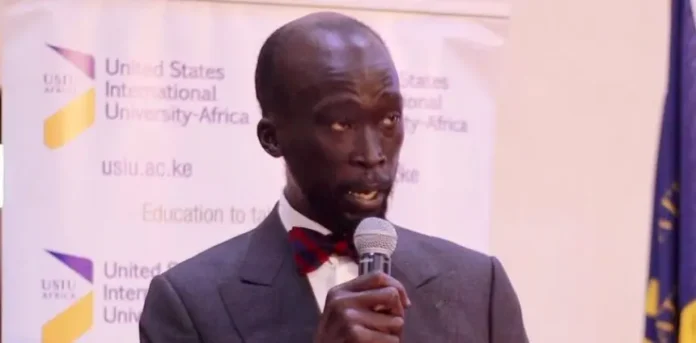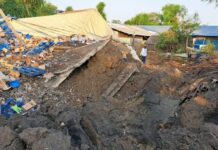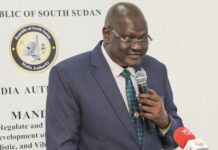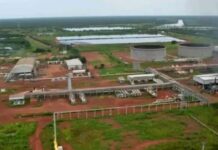The former South Sudan Minister of Water Resource, Mabior Garang has wrote long article on the polities of the country described as “Political tribalism” is eating away at the foundation of South Sudan.
It is an existential threat that, if left unchecked, will push us toward disintegration. After decades of struggle for liberation, we find ourselves trapped in an identity crisis that undermines the very ideals we fought for. True liberation is not merely about changing regimes—it must begin with the individual. Without self-awareness and personal emancipation, any attempt to “liberate” others only creates new contradictions between the so-called liberators and the liberated.
The traditional power elite—on both sides of the political divide—have hijacked the struggle of our people. They have used political tribalism to suppress individual sovereignty while masquerading as defenders of national sovereignty. By turning the people’s historic struggle into a personal contest for power, they have denied citizens the right to true self-determination, making them easy prey for tribal kingpins who manipulate national politics for their own gain.
If we are to achieve true liberation, our revolutionary intellectuals must first liberate themselves. We must assert our personal sovereignty, reject political manipulation, and think critically. Without self-awareness and intellectual independence, our people will remain pawns in the power struggles of the elite.
Leadership is not confined to those in government or military ranks. Power is fluid—it exists in various forms. Social media influencers shape public opinion. Intellectuals influence minds through their writings. Community leaders guide their people’s perspectives. We must recognize this power and wield it responsibly.
The divisions among our people originate at the leadership level. The ordinary citizens in our villages and cattle camps have no inherent quarrel with each other. Our communities share cultural values that predate colonialism and slavery. We have a long history of resilience, resistance, and unity. What divides us today is the selfish ambition of leaders who exploit ethnic loyalties to maintain their grip on power.
Since the inception of our struggle—from the Torit Mutiny in 1955 to Anyanya (1963) and the SPLA/M (1983)—self-serving leaders have sought to divide us. The situation worsened after the tragic loss of Dr. John Garang in 2005. Political tribalism has since taken center stage, threatening to undo everything we fought for.
Despite our hard-won independence, our people remain trapped in poverty, and intercommunal violence is tearing our country apart. We now stand on the precipice of civil war, as evidenced by the eruption of conflict in Nasir, Upper Nile State. Political tribalism—driven by intellectual mercenaries serving the interests of the elite—will inevitably add an ethnic dimension to this crisis. This is exactly what the ruling class on both sides of the divide desires.
Recent statements from some leaders, despite the President’s commitment to peace, are deeply troubling. They must be condemned by all peace-loving citizens and revolutionary intellectuals. It is regrettable that the Minister of Defense and the Chief of General Staff of the SSPDF have vowed to avenge the killing of Lt. Gen. David Majur Dak, a national hero. His brutal murder, along with the deaths of SSPDF officers, White Army combatants, and innocent civilians, is a tragic loss. However, calls for revenge—despite the President’s pledge not to return the country to war—are reckless and dangerous.
To my senior comrades in leadership: I urge you to reconsider your approach. There is no military solution to a conflict among fellow citizens. Even in the event of a battlefield victory, a political settlement would still be necessary. History has taught us that unjust peace agreements—such as the harsh terms imposed on Germany after World War I—only plant the seeds for future conflict, as seen in the outbreak of World War II. The most effective and least costly path to lasting peace is a just and honorable negotiated settlement.
Killing our own citizens is not justice—it is national self-destruction. The best way to honor our fallen heroes is not through more bloodshed but by building a nation they would have been proud of—one that guarantees the future of those they left behind. We must strive for a country that ensures the welfare and prosperity of all its people, regardless of ethnicity, religion, or social background.
We must have zero tolerance for hate speech. It must be called out and condemned wherever it appears. We must lobby our legislators to criminalize it—it has no place in a modern society. Justice must be individual, not collective. Criminalizing entire ethnic groups will only fuel endless cycles of revenge, leading our nation deeper into chaos.
Political tribalism remains a grave danger to South Sudan. If we do not confront it now, it will lead us to only one destination—national disintegration.





